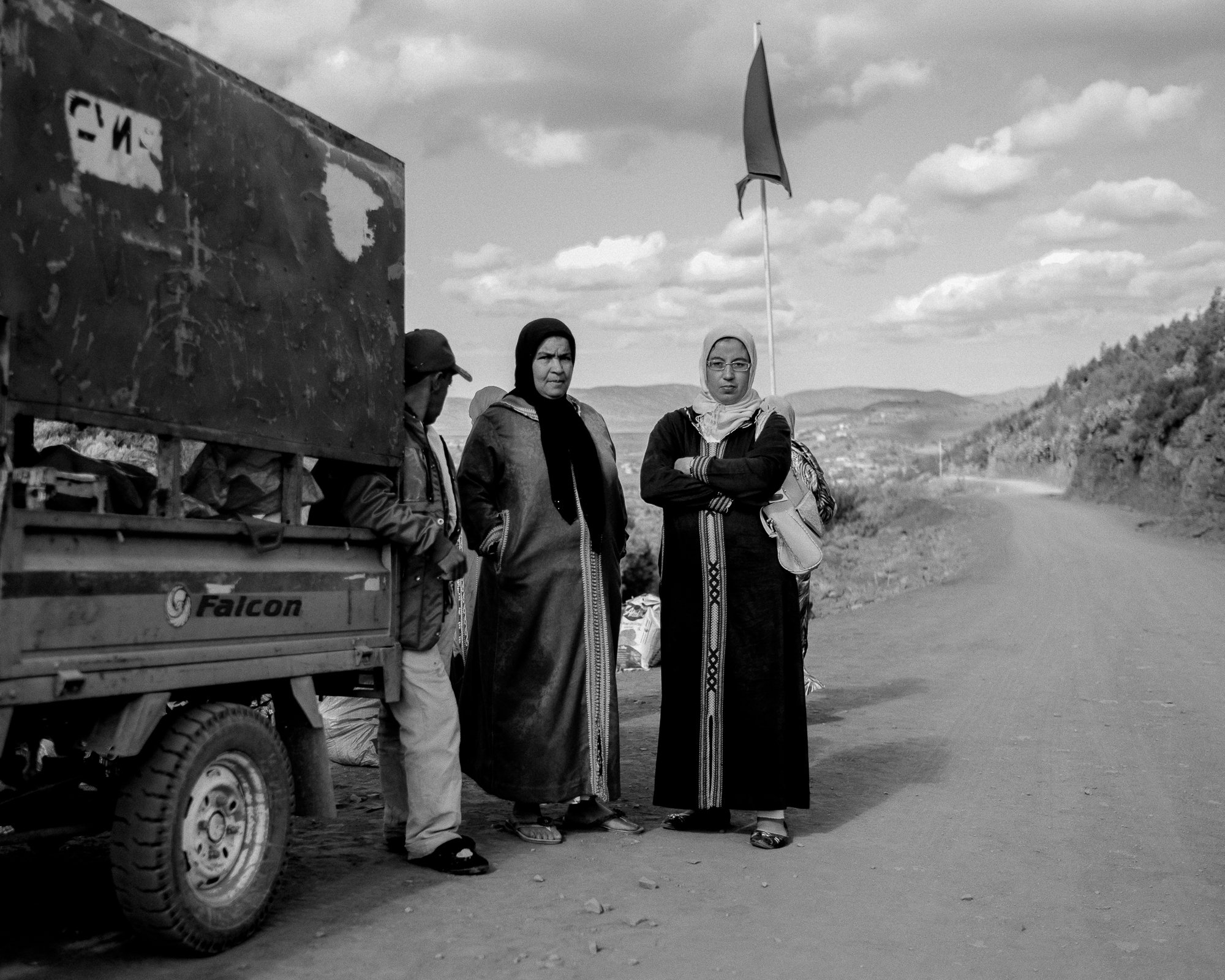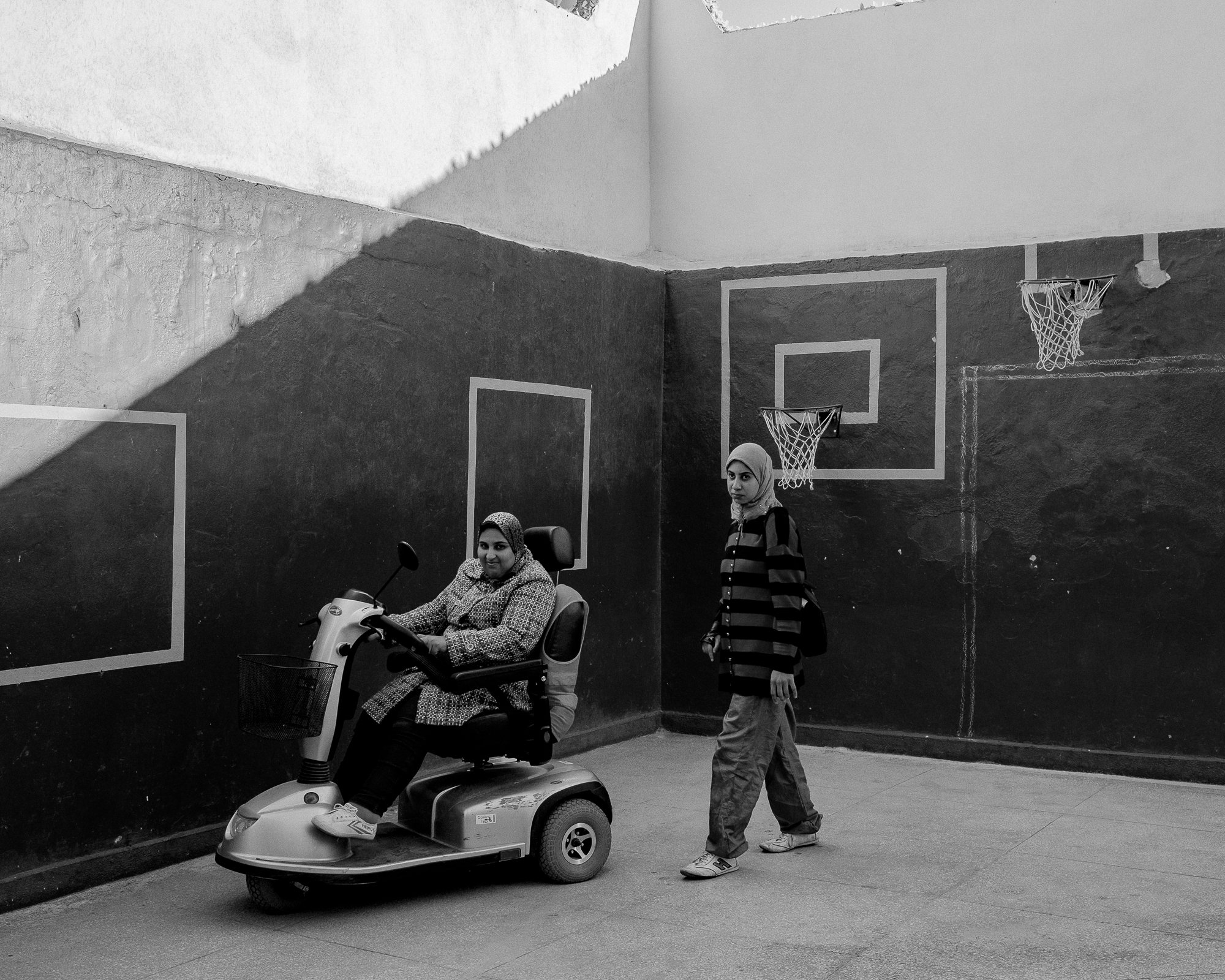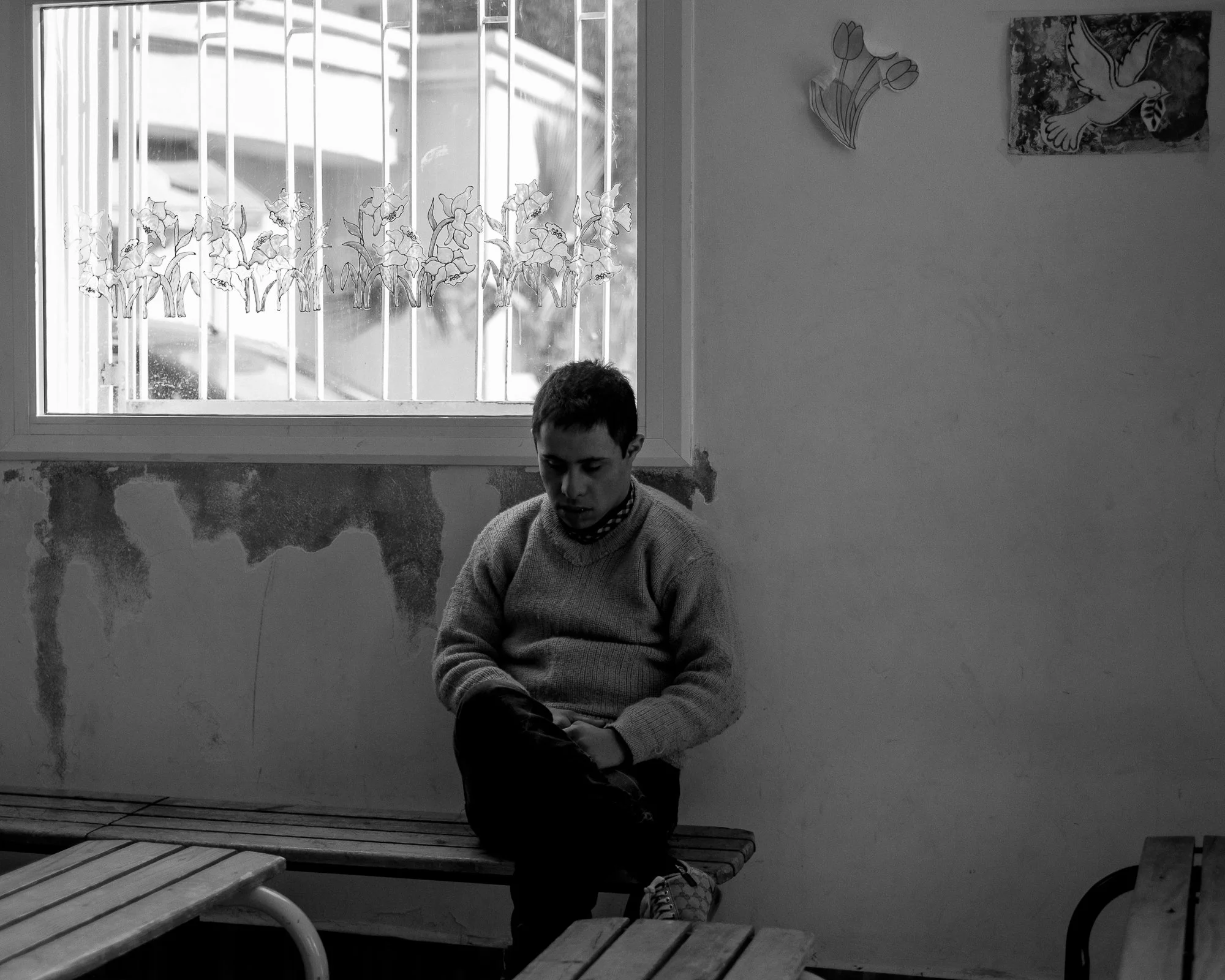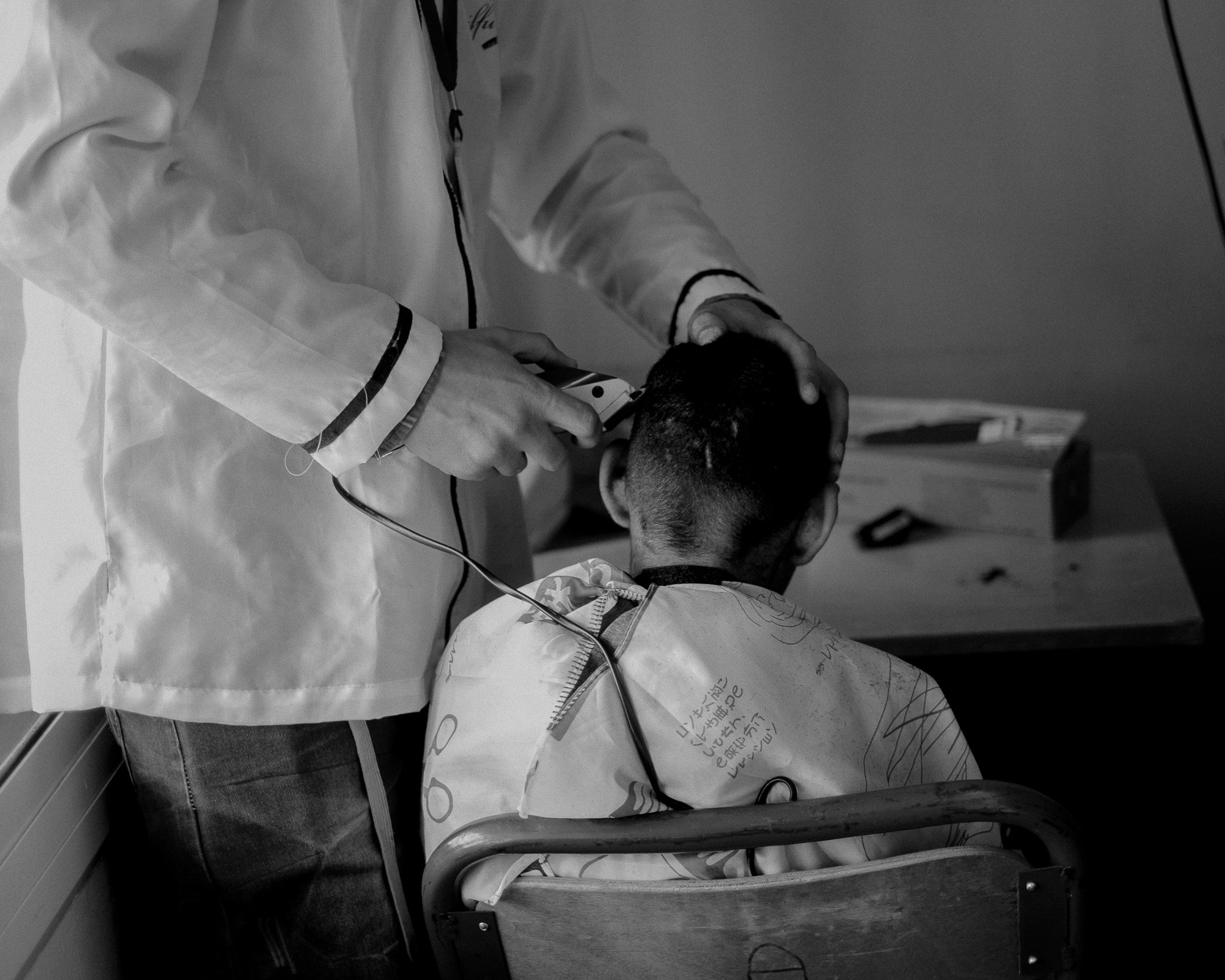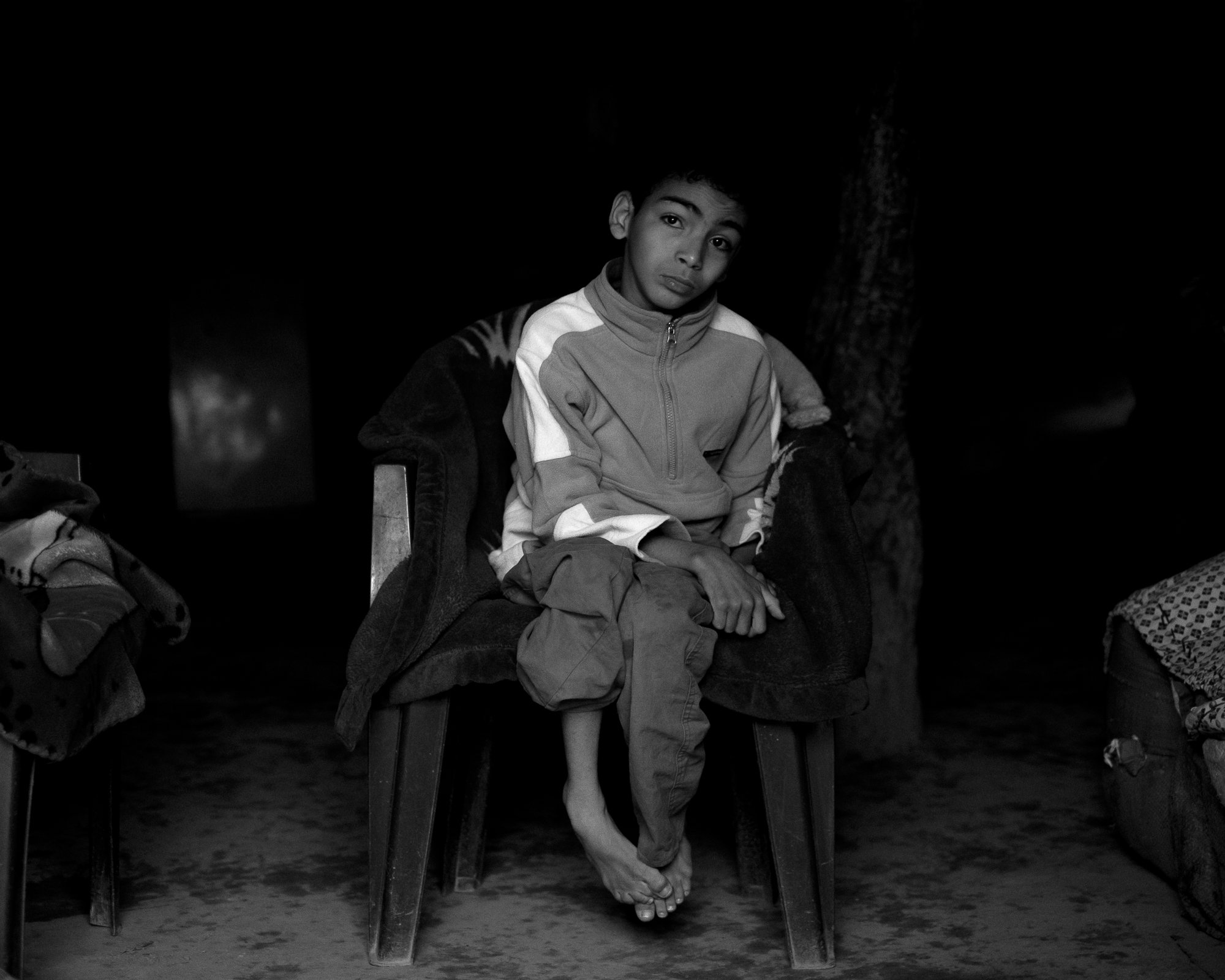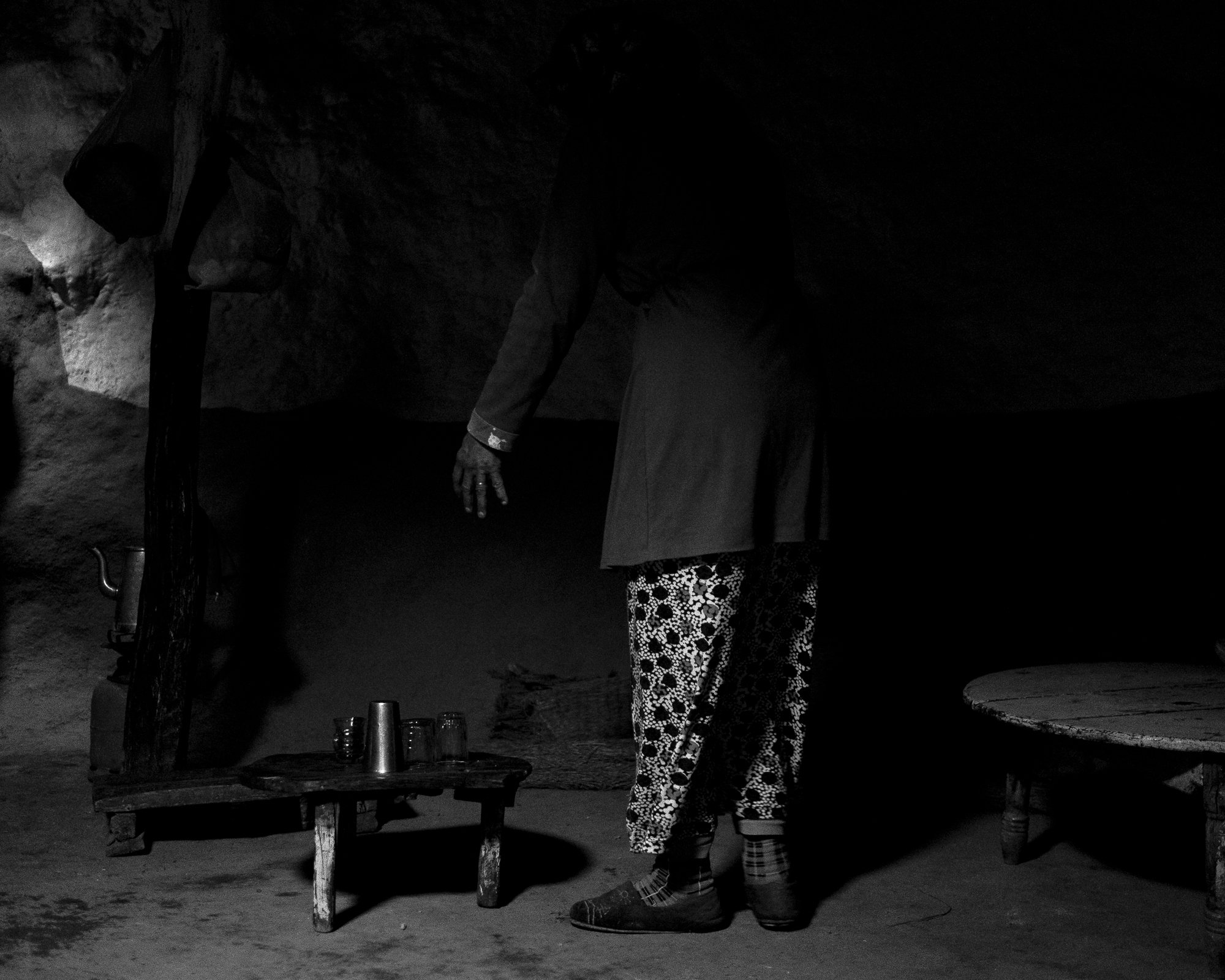My Land Is Not Your Land: Disability & poverty at the heart of social exclusion in rural Morocco
In Morocco, one in four households has at least one person with a disability, which is 24.5% of families according to the results of the 2nd National Survey conducted in 2016. However, this significant proportion of the Moroccan population is a victim of discrimination, social exclusion and intolerance.
"Disabled people? There aren't any in my country," a person in a café in Taza told me when I ask him what he thinks about it. The air is electric, I feel my neck stiffening so much that the looks I get are hostile after my question. But what's happening in this Maghreb country about this subject?
People with disabilities in Morocco suffer from a double exclusion: that linked to a definitive alteration of social identity, and that linked to poverty.
The psycho-social representation of people with disabilities largely determines the marginalisation of this population.
It is even more pronounced in rural areas, especially for the Berber population living in the Atlas Mountains. One response often comes back "They are inbred, that's why they are disabled".
The answer is not so simple, there are indeed consanguineous marriage practices among the Berber population but they do not justify such a large number of disabled people. Some people talk about land pollution which would have caused malformation.
My Land is not your land is a journey to meet people who are socially excluded because of their disability in rural Morocco.

